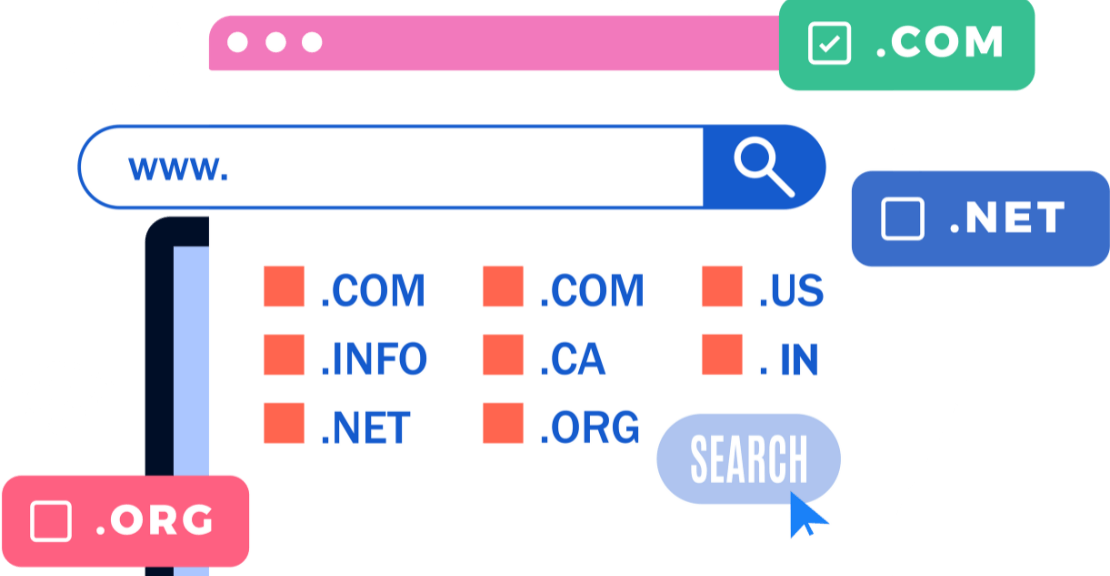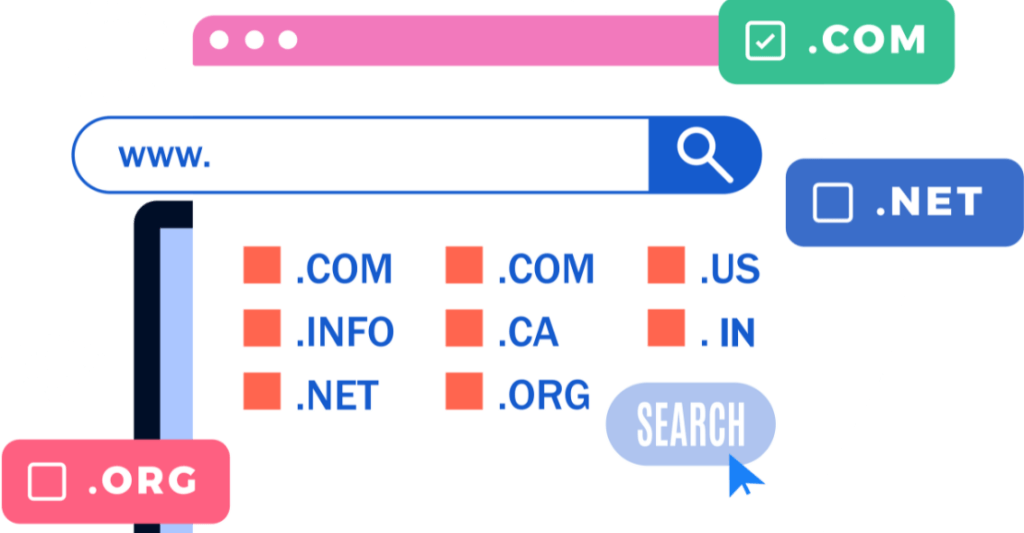
How websites work ? Are you curious about how websites come to life? From blogs to e-commerce platforms, every website relies on three essential elements: domains, hosting, and servers. In this beginner’s guide, we’ll break down these technical concepts into simple terms, empowering you to start your own website journey confidently.
What Is a Domain Name? A domain name is your website’s address on the internet. It’s what people type into their browser to visit your site, like www.example.com. Think of it as the name of your home. Without a domain, your website can’t be found.
Key Points:
- Domains consist of a name and an extension (e.g., .com, .org).
- Register domains through domain registrars like Namecheap or GoDaddy.
- Choose a domain that’s short, memorable, and relevant to your content.

Understanding Web Hosting Web hosting is the service that stores your website files and makes them accessible online. Without hosting, your domain is just an empty address.
Types of Web Hosting:
- Shared Hosting: Budget-friendly option where multiple websites share the same server.
- VPS Hosting: Provides more control and resources, ideal for growing sites.
- Dedicated Hosting: Exclusive use of a server for high-traffic sites.
- Cloud Hosting: Scalable and reliable, perfect for dynamic needs.
Choosing a reliable hosting provider is crucial for website speed and uptime. Providers like Bluehost, SiteGround, or Ingenio Tools offer excellent options for beginners.

What Are Servers and How Do They Work? A server is a powerful computer that stores your website’s data and delivers it to visitors when they access your site. Think of it as the engine powering your website.
Key Components of a Server:
- Storage: Holds your website’s data.
- Processor: Handles visitor requests.
- RAM: Ensures smooth performance.
Modern servers are often housed in data centers, ensuring your website remains online 24/7.

Ready to start your website? Check out our recommended hosting providers and domain registrars to get started today!
















